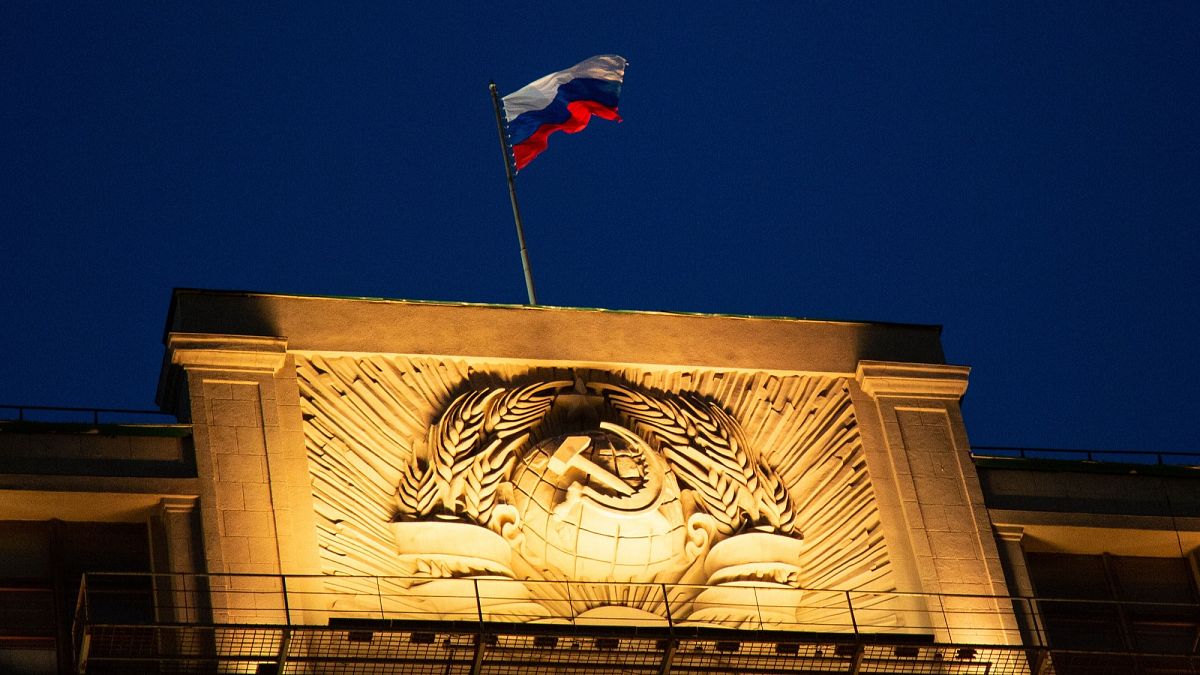

In a world where geopolitical and environmental concerns command center stage, recent developments at the European Union Summit reflect a conscientious effort to address multiple challenges. These challenges range from economic dynamics and diplomacy to sustainability and resource management. Despite some setbacks, the EU remains steadfast in its mission to harmonize policies and foster international collaboration.
One of the prominent topics at the summit was the EU’s proposed sanctions package against Russia. These sanctions, primarily targeting the oil sector, have historically been a tactical approach to exert diplomatic pressure. However, recent global developments, including the G7 summit’s outcomes and concurrent international conflicts, have introduced complexities that appear to hinder the full realization of these measures. Nevertheless, the EU’s commitment to addressing geopolitical issues remains unwavering, as member states continue to engage in dialogue to refine their approach.
In tandem with geopolitical concerns, the EU is also championing sustainability, as seen in its partnership with Mauritania. The fisheries agreement between the EU and Mauritania underscores a mutual commitment to sustainable fishing practices. This initiative not only aims to preserve marine biodiversity but also ensures economic stability and food security for communities reliant on fisheries. This collaboration highlights Europe’s proactive role in promoting environmental stewardship while supporting economic resilience in North-West Africa.
Mauritania’s dependence on fish as a vital resource accentuates the urgency in balancing conservation efforts with economic needs. The EU’s support serves as a cornerstone for sustainable development in the region, promoting responsible fishing practices that benefit both natural ecosystems and the people. By fostering such partnerships, the EU demonstrates that sustainability and economic progress can indeed coexist harmoniously.
Amidst these strategic policies, a positive stride is seen in the economic sentiments within the EU itself. In Germany, business confidence has witnessed a reassuring upward trend, as reported by the Ifo Institute. This positive outlook marks the sixth consecutive rise in business morale, a testament to Germany’s robust economic framework and the government’s supportive fiscal policies. This budding optimism is attributed largely to anticipated state spending, offering reassurance to various sectors as they navigate the complexities of the current market landscape.
The interconnectedness of these topics illustrates the EU’s nuanced approach to contemporary challenges. By navigating diplomatic obligations while simultaneously championing sustainable development and economic growth, the EU today embodies a blend of responsibility and vision. As the summit progresses, the discourse continues to emphasize cooperation, innovation, and adaptability—qualities that will undoubtedly shape Europe’s path forward in an ever-evolving global setting.
Source: {link}
